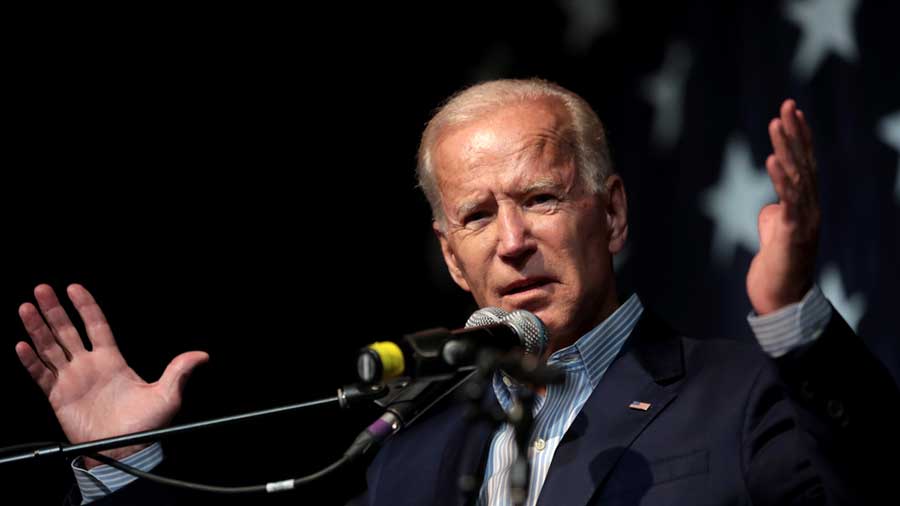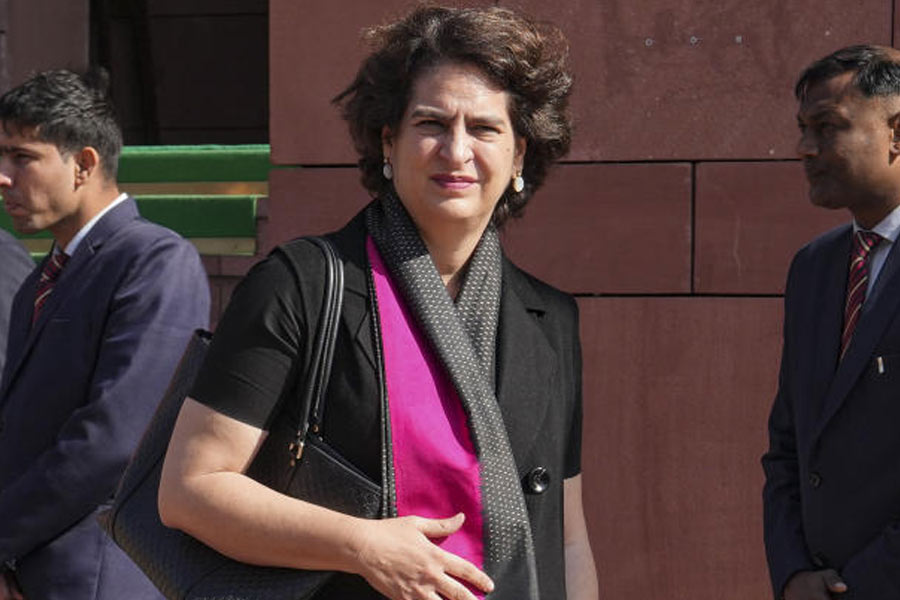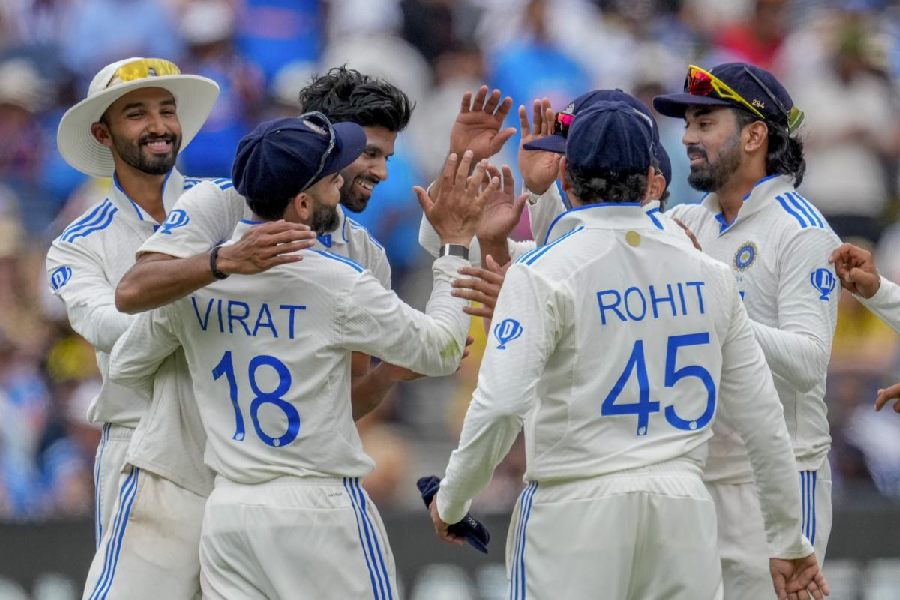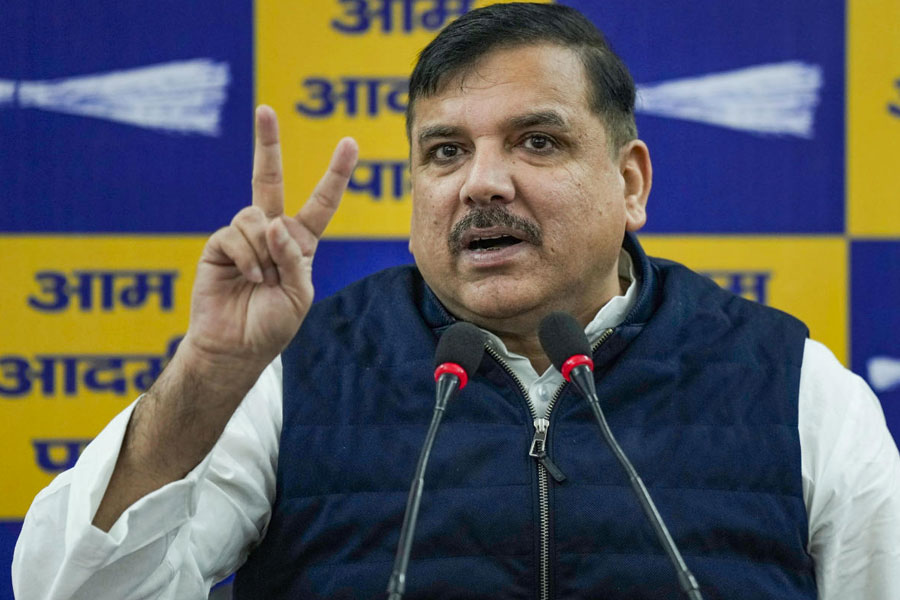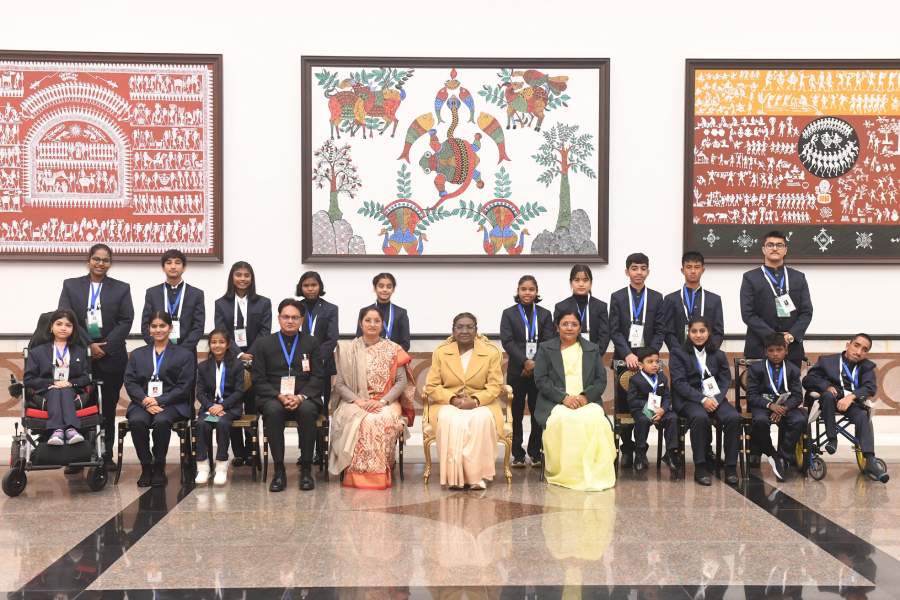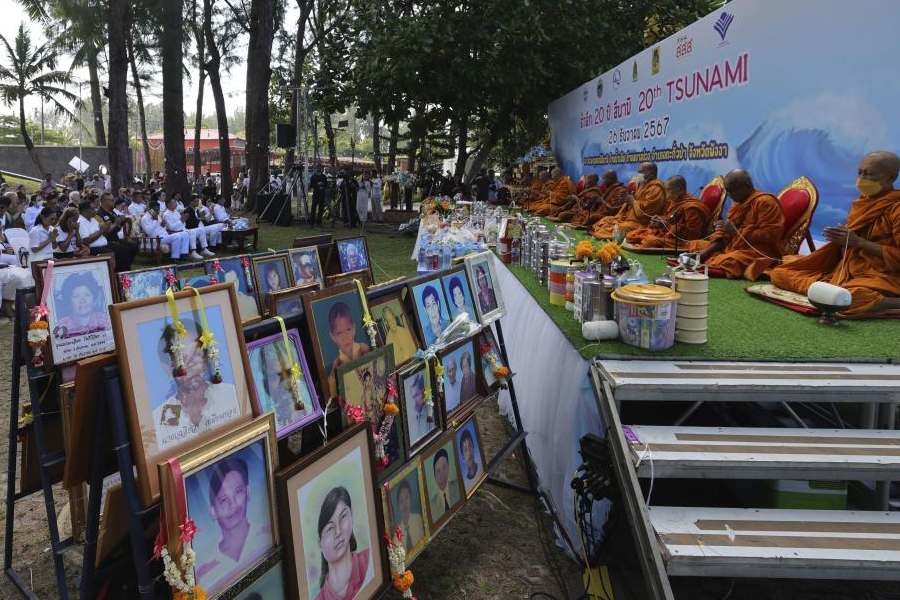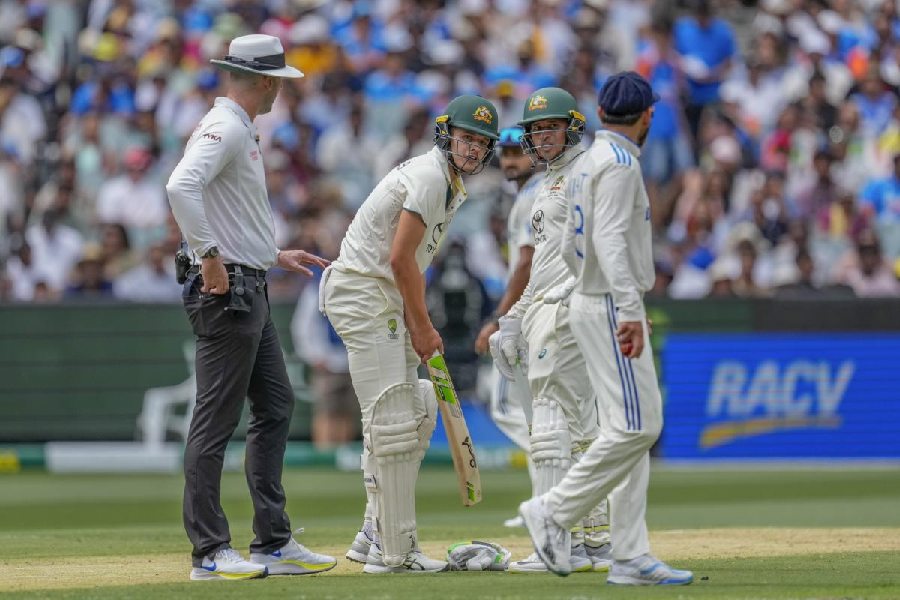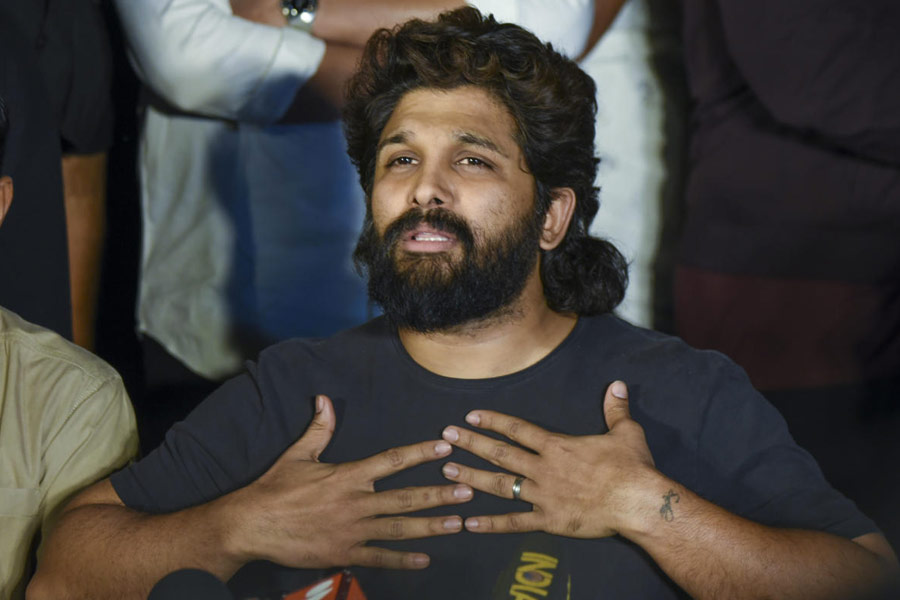With the US unlikely to reach his self-imposed deadline of having 70 per cent of adults partly vaccinated against the coronavirus by July 4, President Biden on Friday stepped up his drive for Americans to get their shots, warning that those who decline risk becoming infected by a highly contagious and potentially deadly variant.
In an afternoon appearance at the White House, Biden avoided mentioning the 70 per cent target that he set in early May and instead trumpeted a different milestone: 300 million shots in his first 150 days in office. But even as he hailed the vaccination campaign’s success, he sounded a sombre note about the worrisome Delta variant, which is spreading in states with low vaccination rates.
“The best way to protect yourself against these variants is to get vaccinated,” the President declared.
His remarks came as his administration begins a final push to reach the July 4 goal over the next two weeks. Vice- President Kamala Harris and Xavier Becerra, the health and human services secretary, were both on the road on Friday, trying to drum up enthusiasm for the vaccine. Harris went to Atlanta, where she noted that less than half of people in Fulton county, where the city is, had at least one shot, and Becerra to Colorado.
Biden took office in January warning of a “dark winter” ahead, as deaths were near peak levels and vaccinations were barely underway, and he has generally tried to portray the virus as in retreat as he approaches six months in office.
A fact sheet distributed by the White House in advance of Friday’s remarks noted that in 15 states and the district of Columbia, 70 per cent of adults or more have received at least one shot. “The results are clear: America is starting to look like America again, and entering a summer of joy and freedom,” the document proclaimed.
But rates of vaccination, and of infection, are uneven around the country.
And while those who took a “wait and see” attitude are becoming more open to getting vaccinated, 20 per cent of American adults still say they will definitely not get the vaccine or will get vaccinated only if it is required, according to a poll released last month by the Kaiser Family Foundation.
State health officials are trying to persuade the hesitant. In West Virginia, where just over a third of the population is fully vaccinated, Dr Clay Marsh, the state’s coronavirus czar, said young people were proving especially difficult to win over.
“There was a narrative earlier in the pandemic that is really haunting us, which is that young people are really protected,” he said. “There’s a false belief that for many young people who are otherwise healthy that they still have a relatively free ride with this, and if they get infected, they’ll be fine.”
In Louisiana, where just 34 per cent of the population is fully vaccinated and only 37 per cent have at least a single dose, state officials announced on Thursday a new lottery for anyone in the state who had received one dose, with a grand prize of $1 million.
And in Wyoming, with vaccination rates almost identical to Louisiana’s, Kim Deti, a health department spokeswoman, said that “politicisation is a concern” as officials seek to increase the number of people inoculated. But she said there were also other reasons for slowing rates.
“We’ve had relatively low levels of Covid-19 illnesses statewide for a while now, which affects threat perception,” Deti wrote in an email. “With schools open all through the school year and most businesses open most of the past year, it has likely been harder for some people to see the personal need for vaccination.”
Speaking to students at a vaccination mobilisation event at Clark Atlanta University in Georgia on Friday, Harris warned of the dangers of misinformation and framed the decision to get vaccinated as a way to take power back from the virus. “Let’s arm ourselves with the truth,” she said. “When people say it seems like this vaccine came about overnight — no, it didn’t. It’s the result of many many years of research.”
New York Times News Service

